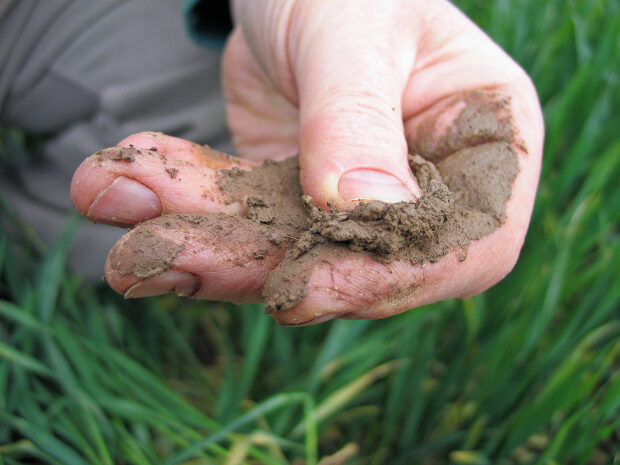In England, soil testing is crucial for farmers and landowners to understand the composition and health of their soil, enabling you to make informed decisions about crop management, fertilisation, and overall land use. While specific requirements may vary depending on factors such as location, land type, and agricultural practices, here are some general guidelines and considerations:
- Basic Soil Tests: Most agricultural extension offices or private laboratories offer basic soil testing services. These tests typically analyse pH levels, nutrient levels (nitrogen, phosphorus, potassium), organic matter content, and sometimes micronutrients like calcium, magnesium, and sulphur.
- Sampling Procedure: Proper soil sampling is critical for accurate results. Farmers should follow recommended sampling procedures, which often involve collecting multiple soil samples from different areas of the field, mixing them together, and then sending a composite sample for analysis. Sampling depth and frequency may vary depending on the type of crops grown and historical soil management practices.
- Nutrient Management Plans: In some cases, farmers may be required to develop nutrient management plans based on soil test results. These plans outline strategies for optimising nutrient use efficiency, minimising environmental impacts, and maintaining soil fertility over the long term. Some agricultural subsidies or environmental stewardship schemes may also require adherence to nutrient management guidelines based on soil testing.
- Environmental Regulations: Farmers and landowners must comply with environmental regulations related to soil management and nutrient use. These regulations may include restrictions on fertiliser application rates, guidelines for minimizing nutrient runoff into waterways, and requirements for soil conservation practices.
- Specialised Testing: In addition to basic soil tests, farmers may opt for specialised testing services to assess specific soil properties or potential contaminants. This could include tests for heavy metals, pesticide residues, salinity, or soil texture analysis.
- Consultation with Agronomists: Farmers may benefit from consulting with agronomists or soil scientists to interpret soil test results and develop customised management strategies tailored to their specific needs and goals. Agronomists can provide valuable insights into soil health, fertility management, and sustainable agricultural practices.
- Record Keeping: Keeping detailed records of soil test results, nutrient applications, and crop yields is important for tracking changes in soil health over time and evaluating the effectiveness of management practices.
Overall, while there may not yet be strict legal requirements for soil testing in England, it is considered good agricultural practice and can yield significant benefits in terms of improved crop productivity, resource efficiency, and environmental stewardship.
Further Information:
The CXCS highlight the importance of soil on our land: Soil Testing Requirements in England
Farming Rules for Water: The vital role of soil testing
Soil sampling can be part of the Sustainable Farming Incentive (SFI):
Further reading: SFI actions for soils Guidance
Find out about the SFI actions for soils, what land is eligible for each action, and what you need to do to get paid.
Last year Wight Rural Hub facilitated the following events involving soil on the IOW:
- Soilmentor Workshop
Wight Rural Hub Soilmentor Workshop Slides Oct 23
Wight Rural Hub Soilmentor Workshop Resources Oct 23 - ‘How to’ Workshop: Baseline Assessments & Soil Health with Farm Carbon Toolkit & British Trust for Ornithology (BTO)
Wight Rural Hub Baseline Workshop Slides June 2023
How to Workshop: Baseline Assessments & Soil Health Post Event Follow Up Email - Soil Health & Nutritional Management with Niab
Wight Rural Hub Soil Health & Nutrient Management Slides Mar 23
How to Workshop: Baseline Assessments & Soil Health Post Event Follow Up Email
We have also put related events on farming with trees, natural capital, SFI and more. If you would like to receive the presentation slides, follow up resources, or be invited to future events please contact Wight Rural Hub on 01983 296244 info@wightruralhub.co.uk.
